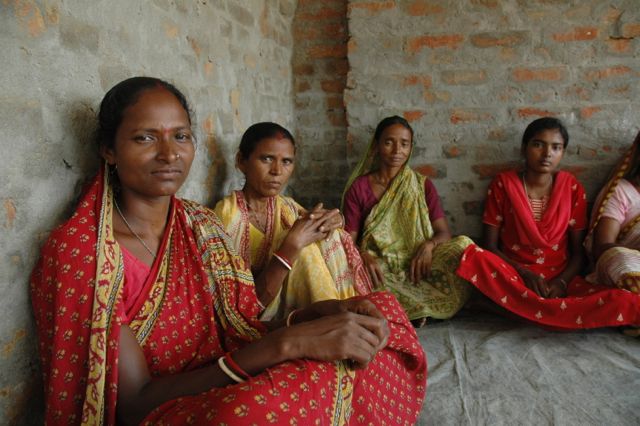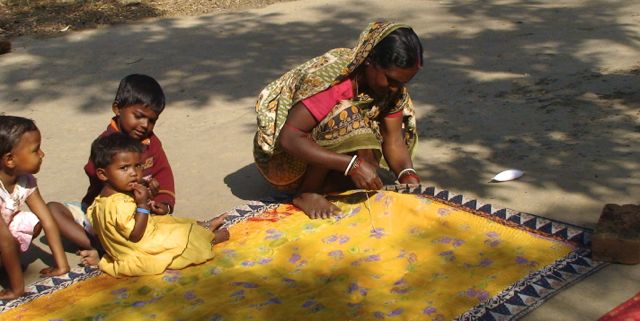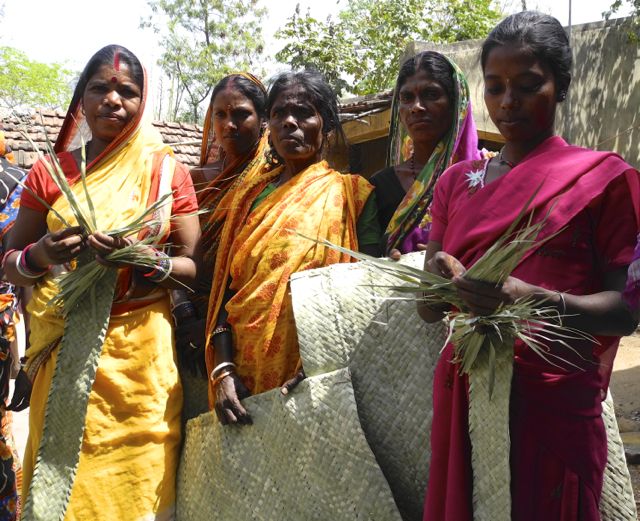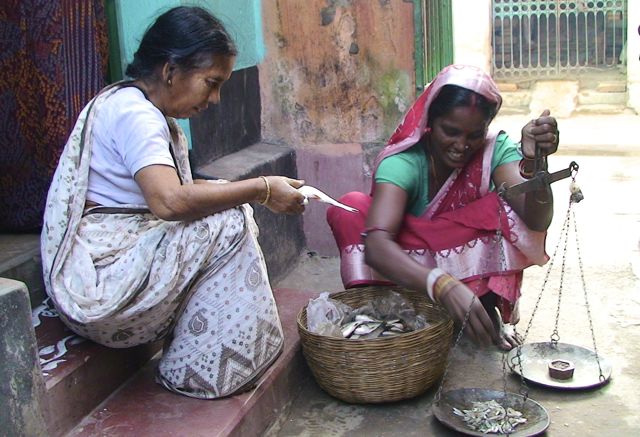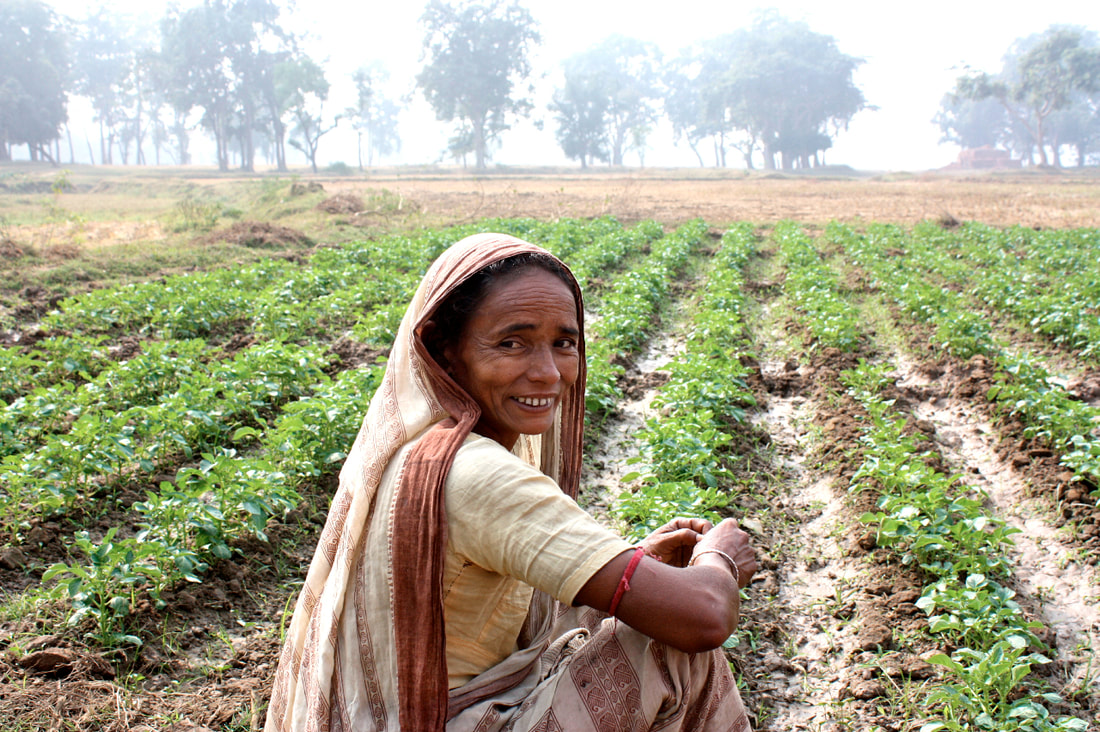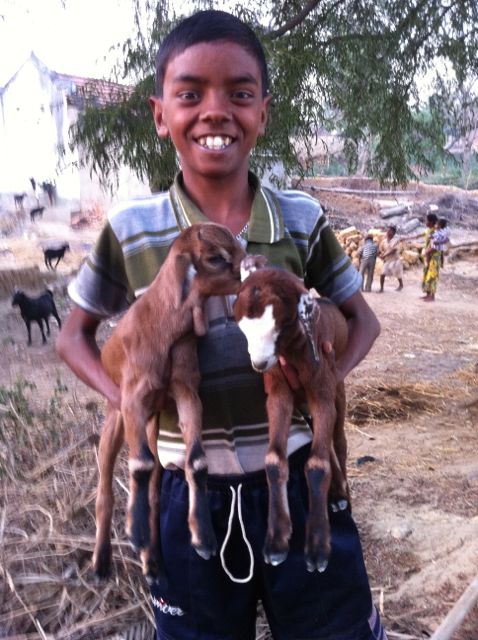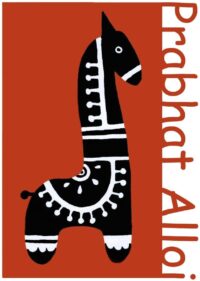Women’s Self Help groups
In the tribal villages around Purulia, women can suffer ongoing under severe and isolated conditions. It is very common to see women being dependent on their husbands for covering household and education costs. With alcoholism, smoking and gambling addictions prevalent, there may be very little left for these essentials. Many women are isolated within their family home, working constantly while being under the watchful eye of their husband’s parents, brothers and brothers‘ wives. They may not know about their rights, often having been sold to the husband’s family under the dowry system. The woman has no security if things go wrong in the home or if the woman does not give birth to a son. She can be blamed and tormented, even divorced or expelled from the family. This is considered shameful to her own family, and often she is not accepted back into her parent’s home. The man is free to marry again, but the woman cannot. Even if her husband dies and there are children to support, she cannot remarry.
In 2011 we began a small micro-finance scheme, inviting a group of eight women to take out loans to start a small business. They each chose goat breeding, and we loaned them the Rs 1000 ($20) required to purchase a young female goat. Some now have flourishing businesses. We have also provided small loans for setting up businesses in selling vegetables or fish, repairing bikes, repairing roofs damaged by storms or monkeys, and other similar needs.
Women’s empowerment schemes across India are slowly changing the social position of women. Our self-help groups offer women a small loan to start a business. They receive training in business skills and benefit from the social support of a group to share any financial and emotional difficulties. As the women develop their income, the men recognise the value of these groups, and in time women potentially gain fairer treatment in their homes and society.
We have had a number of self-help groups in Prabhat Alloi, in which the women developed skills that have enabled them to develop personal strength and confidence, and to be financial contributors to their family. Participants engage in door to door selling of food from the distant Purulian markets, traditional hand stitching of katha bed covers from recycled saris, making jewellery, weaving traditional mats from date palm leaves and sewing. The women have been trained to go to the market and sell their wares, and for the first time in their lives are mixing with people from other villages and are being accepted by others. They are now sending their children to school, and regularly provide their families with two meals per day, even managing to save a little money for future expenses like medical needs.
